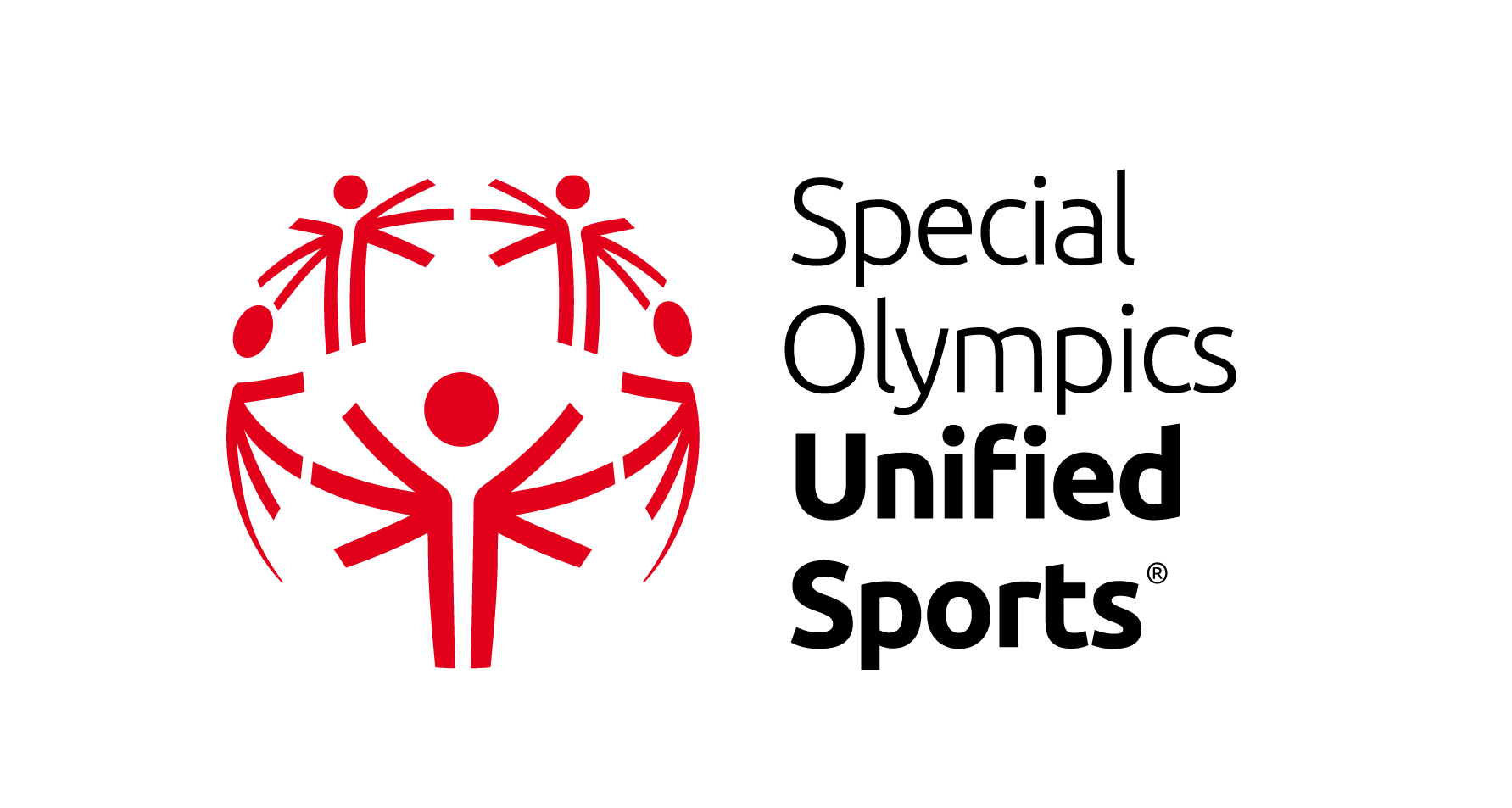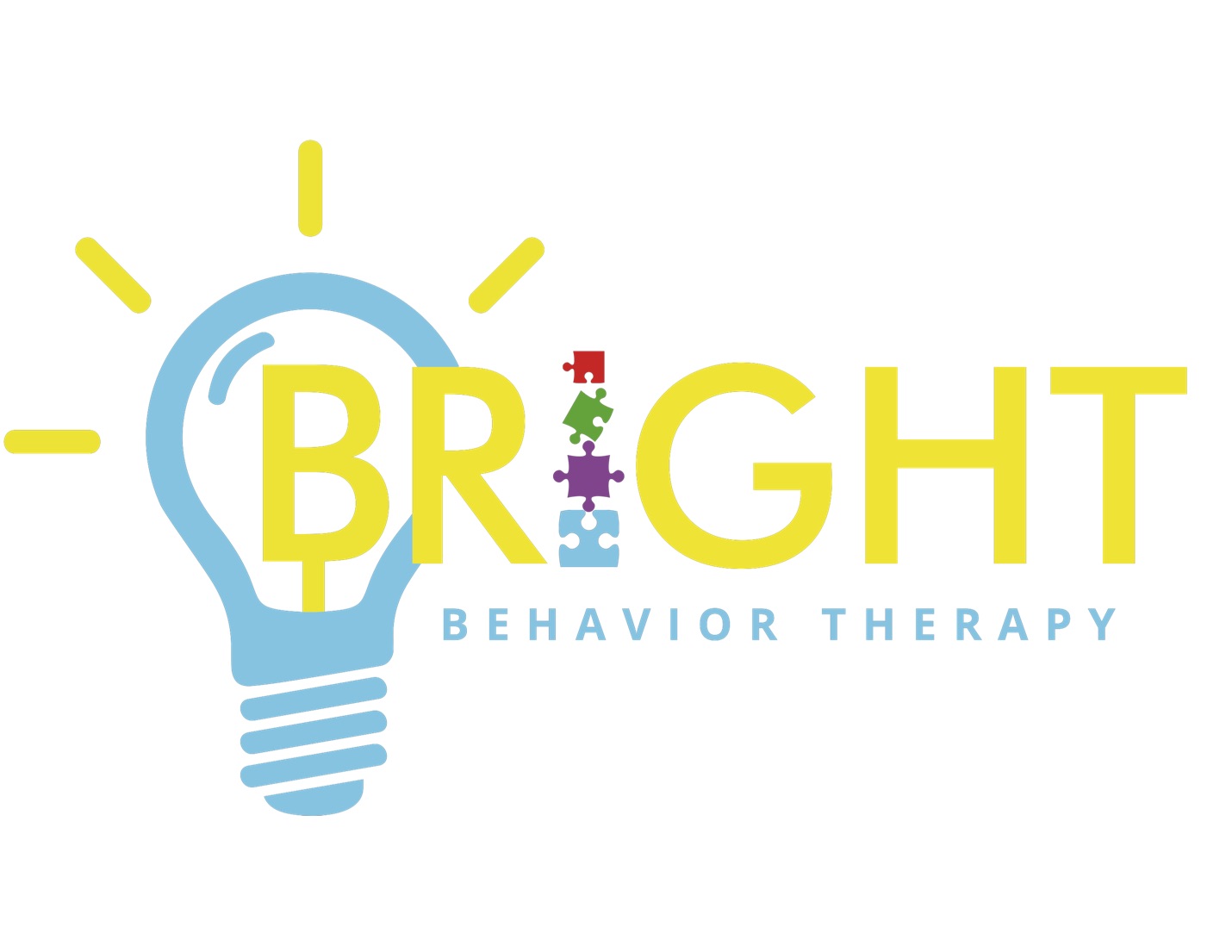
The History Of The Special Olympics
In honor of the Special Olympic World Games happening this month in Berlin, we wanted to offer a history of these amazing games for this month’s blog post.
Did you know that this incredible organization has been changing lives for over 50 years? From humble beginnings in the backyard of Eunice Kennedy Shriver’s Maryland home, this global movement now serves millions of athletes with intellectual disabilities including autism across more than 190 countries.
The Special Olympic world games happen every two years, alternating winter and summer sports. Get ready to be inspired by stories of courage, determination, and inclusion!
What Are The Special Olympics?
The Special Olympics are an international organization that provides year-round sports training and athletic competition in a variety of Olympic-type sports for children and adults with intellectual disabilities. The organization was founded in 1968 by Eunice Kennedy Shriver, sister of US President John F. Kennedy.
The first Special Olympics Games were held at Soldier Field in Chicago, Illinois, USA, in July 1968. Since then, the Special Olympics have grown to include more than five million athletes from over 190 countries competing in over 30 Olympic-style sports.
The Special Olympics are held every two years alternating Summer and Winter Games, and there are also regional games and competitions held throughout the year. Somewhere in the world, a Special Olympic event is happening nearly every day of the year.
If you’d like to be involved in Michigan, you can find more information at the Special Olympics Michigan website.
The Purpose Of The Special Olympics
The Special Olympics provides a number of benefits for its athletes:
First, it gives athletes a chance to compete and experience the joys of victory.
Second, it helps athletes to develop physical fitness and confidence.
Third, it gives athletes a sense of belonging to a community and an opportunity to make new friends.
Fourth, the Special Olympics provides services to its athletes, such as vision and nutrition screening, shoes, and other necessities often missed by our larger culture.
Finally, it helps to change public attitudes towards people with intellectual disabilities.
There have been many changes to the Special Olympics over the years.
One of the biggest changes is that the Games are now held all over the world. In 1968, only 1,000 athletes from 26 states and Canada competed in the Games. Now, more than 5 million athletes from 190 countries compete in the Special Olympics every year.
The types of sports offered have also changed over the years. When the Games first started, only a few sports were offered. Now, there are more than 30 sports to choose from, including traditional sports like basketball and track and field, as well as newer sports like surfing and kayaking.
The rules of some sports have also been adapted to make them more inclusive for athletes with intellectual disabilities. For example, in basketball, teams are now allowed to have twice as many players on the court as they do in traditional basketball games. This allows all athletes to be involved and to have a chance to score points.
The Special Olympics have also grown beyond just an athletic competition. They now offer programs like Young Athletes, which introduces children with intellectual disabilities to sport and physical activity; Healthy Athletes, which provides free health screenings and services to athletes; and Unified Sports, which brings together people with and without intellectual disabilities on sports teams.
The Future of the Special Olympics
The Special Olympics have come a long way since their humble beginnings in 1968. Today, the organization is a global force for good, with over 5 million athletes taking part in Special Olympic events every year.
Looking to the future, the Special Olympics will continue to grow and change lives. Here are just a few of the ways that the Special Olympics will continue to make a difference in the years to come:
- More awareness and inclusion of people with intellectual disabilities
One of the core missions of the Special Olympics is to create a more inclusive world for people with intellectual disabilities. In recent years, there has been a growing awareness of the issues faced by this community, and the Special Olympics has played a key role in driving this change. Going forward, the organization will continue to work towards increasing inclusion and opportunity for people with intellectual disabilities around the world.
- Continued expansion into new countries and regions
The Special Olympics currently reaches over 190 countries around the world. In the coming years, the organization plans to expand its reach even further, bringing its message of hope and inclusion to even more people across the globe.
- A focus on health and wellness
As well as promoting inclusion, another key aim of the Special Olympics is to improve health and wellbeing among its athletes. In recent years, there has been a growing focus on health and wellness within the organization, and this is set to continue in the future. The Special Olympics will continue to work with partners in industry and the nonprofit sector to bring more healthy initiatives to its athletes and families.
Get Help For Children With Intellectual Disabilities, Including Autism, At Bright Behavior Therapy
The Special Olympics has been a source of inspiration and hope for athletes with intellectual disabilities since its founding over fifty years ago. Its success is due to the outstanding dedication, commitment and hard work of countless individuals who have seen the potential of these exceptional athletes and worked to provide them with an outlet to reach their full potential.
It continues to provide joy, motivation, empowerment and life-changing experiences both on the field and off in communities around the world. We are proud that the Special Olympics stands as a testament to what people can achieve when they come together with courage and determination.
